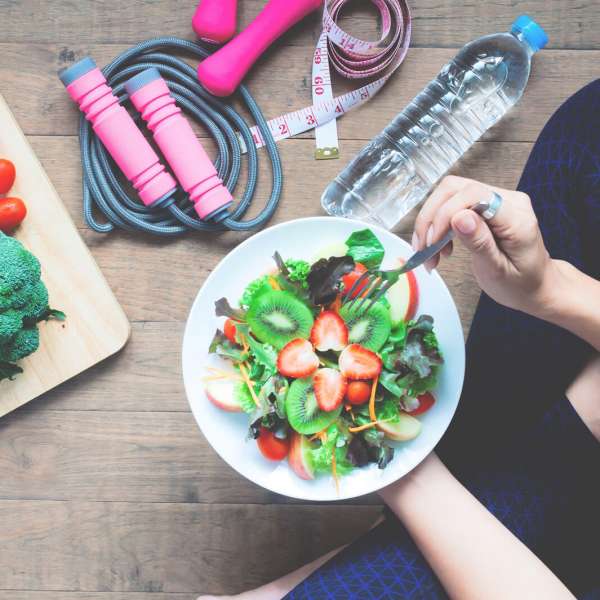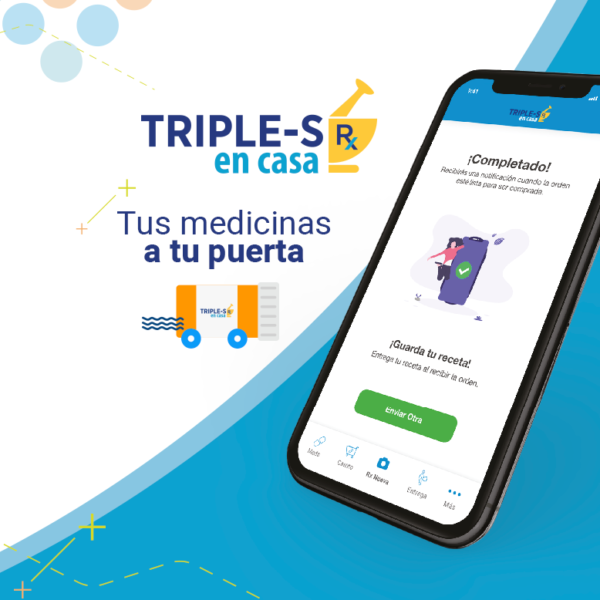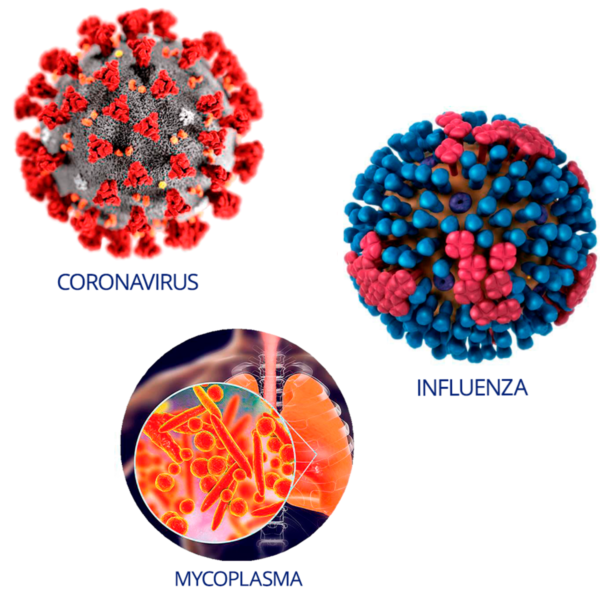In this season, we must keep abreast of the development of heatwaves, storms, and hurricanes. Diabetes requires special care with or without the summer heat, so it’s essential to be prepared and have a plan.
Here are some recommendations to help you deal with the situation:
High temperatures
- Keep as hydrated as you can. Drink a lot of water and skip the iced tea or soda.
- Wear comfortable and light clothes. And don’t forget to apply sunscreen and lip balm!
- Learn how to detect signs of fatigue.
- If you work out, it is better to do it in a place with air conditioner. You could also work out in the early morning before the temperatures rise (before 10:00 am).
- Stay in cool areas within your home or community.
- Do not store your insulin, insulin pumps, or test strips under direct sunlight or in your car. The temperatures can reach dangerously high levels. If you have no electricity, these products should be stored in a portable cooler. Make sure the insulin is not in direct contact with the ice to prevent it from freezing.
- Keep sugary snacks or a glucagon kit close by, in case you get low blood sugar (hypoglycemia).
Important tips for diabetics during emergencies (storms, hurricanes)
- Try to follow your meal plan as closely as you can. Stress-eating could raise your blood sugar levels. Therefore, you should follow your recommended nutrition plan or any other plans as instructed by your nutritionist or dietician.
- Prepare a small emergency kit beforehand. This kit should be on hand, and it should include: backup medicine, syringes, needles, cotton, alcohol, glucose meter strips (to test sugar levels at home), lancets, batteries for your glucose meter, flashlights, and any other supplies you use most often.
- Keep a list of your medications and doses. Get a copy of your prescriptions. Store these documents inside a plastic bag in a safe place.
- Keep two weeks’ worth of backup syringes for your insulin, as well as any other medicine you take daily.
- Do not stop taking your insulin unless your doctor tells you to. Do not use insulin other than what was prescribed to you. Ask your doctor or health care provider before using any different type of insulin.
- All bottled insulin should be refrigerated until its expiration date. If there is a blackout, please follow these tips:
- Insulin may stay at room temperature (less than 86º) for 28 days. After this time, please throw away any open bottles, even if there is insulin left.
- If you see the insulin has precipitated or clotted, discard it right away.
- Insulin cartridges or pens have different storage requirements.
- Please read the documentation that comes with the medication and call your nearest pharmacy.
- Keep an empty hard plastic bottle with your emergency kit. You can use it to discard the syringes and lancets you use during the emergency.
- Keep a notepad and pencil handy to write down your blood sugar levels.
- Take care of your feet. Stay away from polluted water and wear comfortable and secure shoes. Check your feet for wounds or infections.
- Keep a list of important contacts: the addresses and phone numbers of your family members, and your doctor’s phone number.
- Keep an ID that states you are a diabetes patient.
References: http://www.fema.gov/pdf/library/spa_f&web477.pdf










